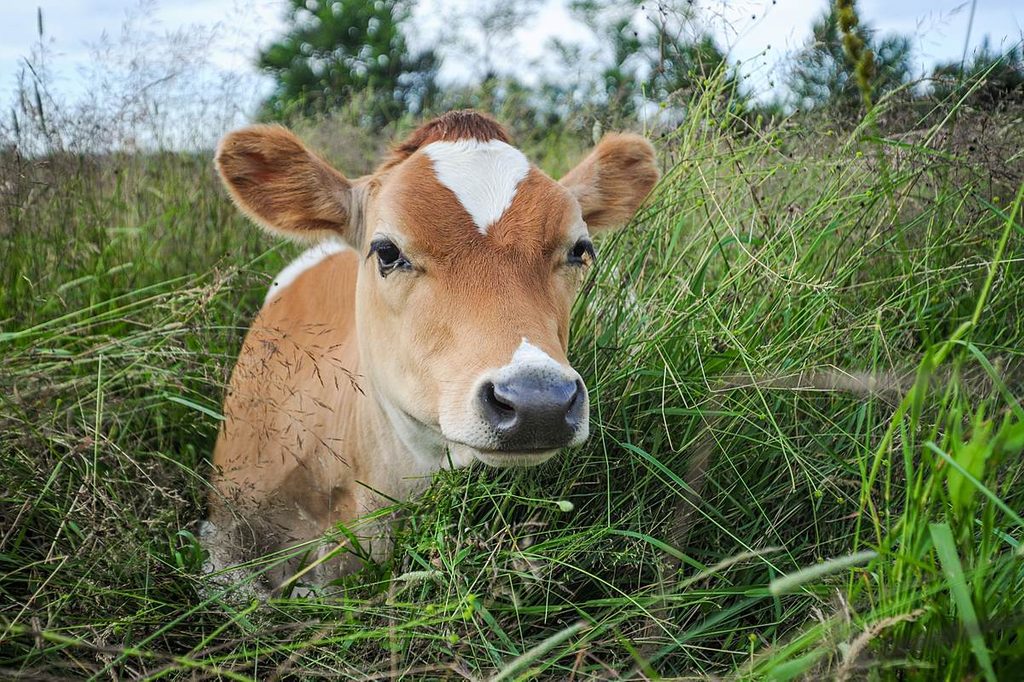The parliamentary committee on Environment, Public Health and Food Safety (ENVI) adopted recently its position on EU rules to reduce pollution in agriculture but its impact on the reduction of methane will be smaller than the European Commission has proposed.
The decision on 24 May concerned a large number of amendments to the Industrial Emission Directive (IED). The directive also lays down rules on the prevention and control of pollution from large agro-industrial installations emissions into air, water and soil. While an overwhelming majority supported the committee’s position, a smaller majority voted for including cattle farms.
Concerning livestock farms, MEPs voted to include pig farms and poultry farms with more than 200 livestock units and cattle farms with 300 LSU or more. For farms rearing more than one type of these animals, the limit should be 250 LSU. MEPs proposed to exclude farms raising animals in an extensive manner. The Commission originally proposed a threshold of 150 LSU for all livestock.
As previously reported, there is an urgent need to reduce emissions of methane in agriculture as part of the global greenhouse-gas emissions to meet the overriding goal of limiting global warming to 1.5C in time.
The Commission has stated that by increasing the scope of the IED to cattle farming and lowering the threshold for farms to be included under the directive, the IED would be able to address 43% of methane emissions from the livestock sector. The negotiating position decided by the Council in March lowered the ambition to include only 3% of cattle farms.
“Better environmental protection does not need to lead to more bureaucracy,” commented MEP Radan Kanev (EPP, Bulgaria), the rapporteur in the ENVI committee, after the vote. “Innovation is key to achieving zero pollution and for this, we need a more competitive European industrial sector. EU policy must be realistic, economically feasible, and not threaten competitiveness.”
Animal welfare organisations that have been advocating against factory farming and its negative impact on animal welfare and the climate reacted to the vote with mixed feelings.
Compassion in World Farming noted that MEPs voted to exempt some industrial pig and chicken farms. “While these numbers are still too big and more factory farms should pay when polluting, this may be the least of all evils – other proposals called for even more exemptions.”
“The Big Agricultural lobby nearly managed to brainwash elected representatives into thinking that factory farms provide superior benefits to society, and unlike any other big industry they don’t have to clean up after their mess,” commented Olga Kikou, Head of Compassion in World Farming EU.
According to the NGO, the EU would only reduce methane emissions from animal farming by 3.7% by 2030 in the best-case scenario, unless the Council will strengthen EU environmental rules.
“The vote on the IED shows the enormous challenge that the transition to a sustainable food system represents,” commented Miguel Ángel Zhan Dai, Climate Policy Officer at FOUR PAWS. “The inclusion of cattle farming and the new thresholds for pig and poultry farming must be a first step to ending the regulatory exceptionality of livestock farming.”
“However, opting for a smaller scope than the one proposed by the Commission together with the light permitting system and the possibility of derogations, show the resistance that EU policymakers still have towards establishing the necessary rules to prevent industrial livestock pollution. This must be changed, there is no time to waste. The EU must act”.
All stakeholders seem to agree that the amendments to the IED voted by the ENVI Committee deviate considerably from the Commission’s proposal and are unlikely to meet its target of reducing the methane emissions by 43 %. The Commission declined to reply to a request from The Brussels Times to comment on the impact of the amendments on the expected reduction of methane in agriculture.
“It’s important to know the impact of the changes,” Eric Mamer, the chief spokesperson of the Commission, said on Thursday, “but we are still in the middle of the legislative process.” The Commission does not follow every change in the process and has not yet analysed the consequences of the changes made by the co-legislators (Parliament and Council) to its proposal.
The Parliament is scheduled to adopt its mandate during the July 2023 plenary session after which negotiations with the Council on the final legislation can start.
M. Apelblat
The Brussels Times

